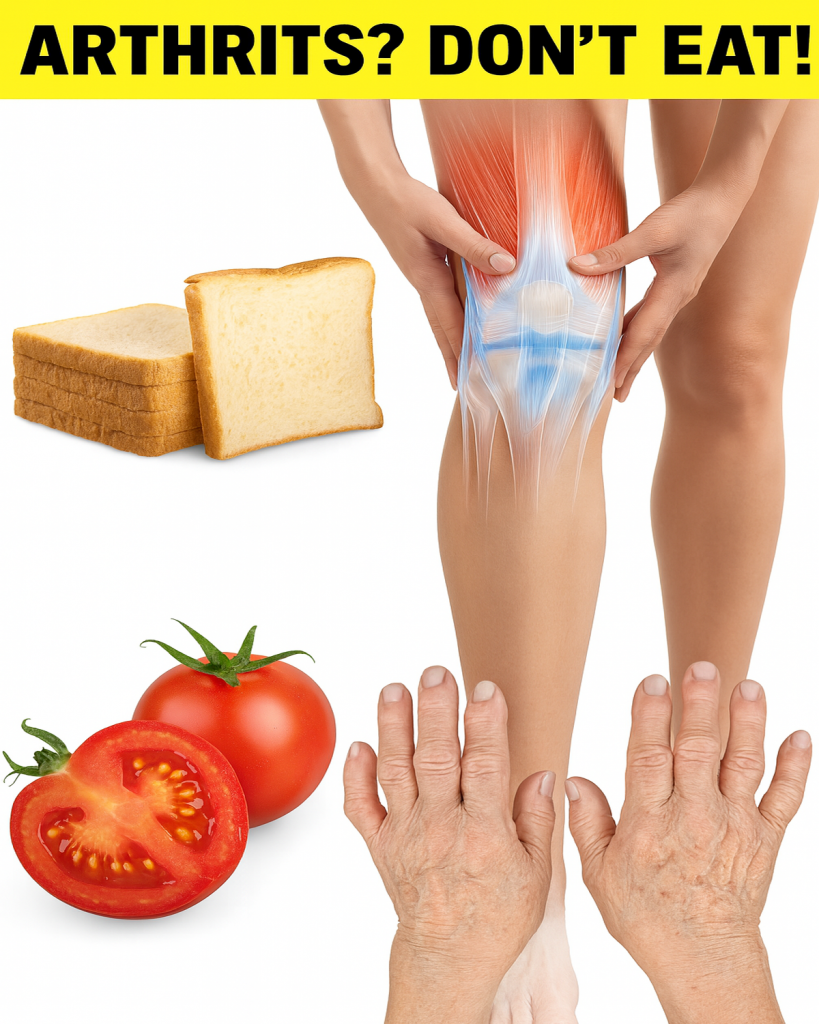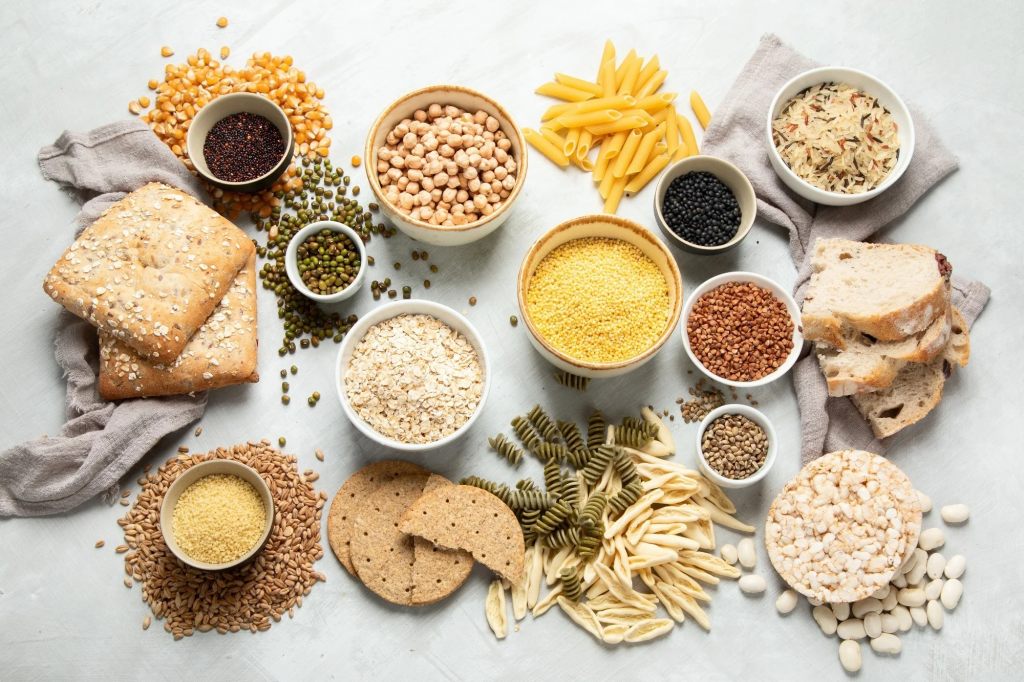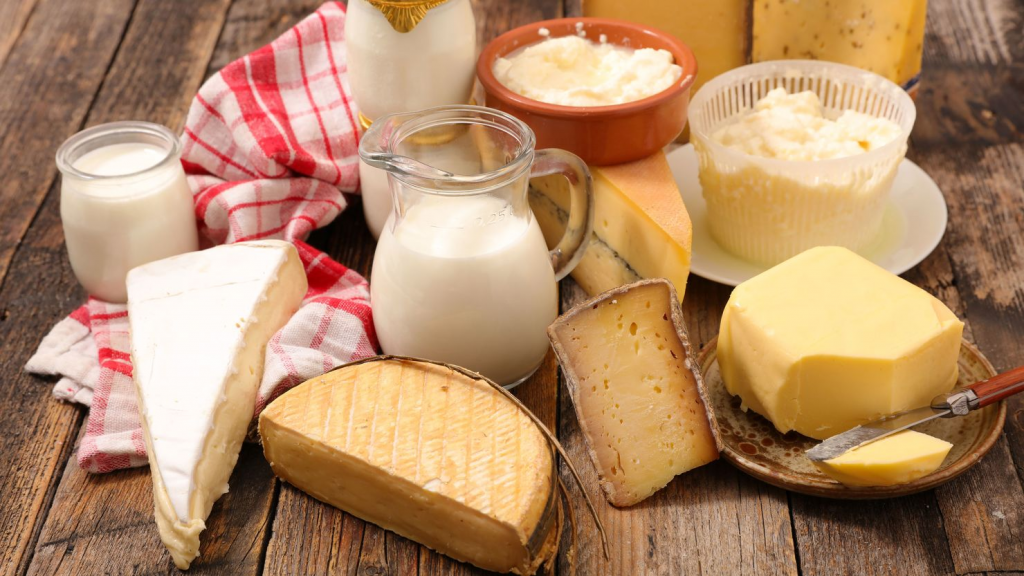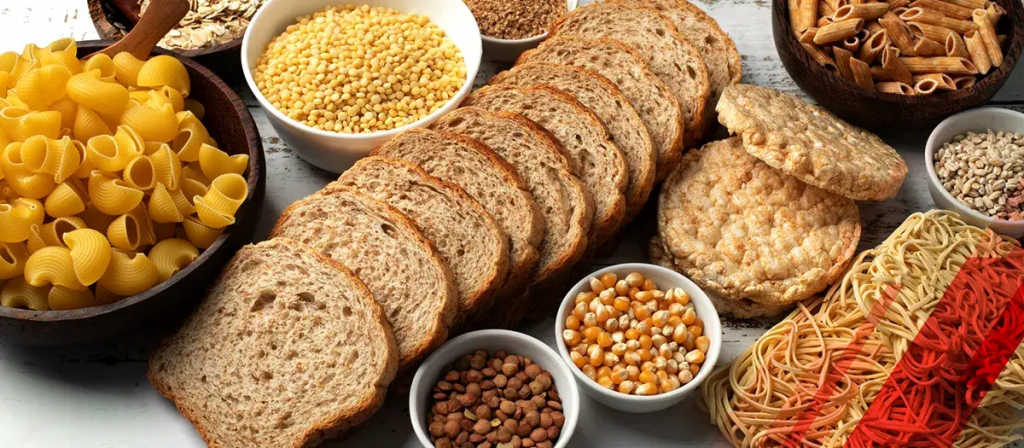Arthritis affects more than 350 million people worldwide, and in the United States alone, it’s estimated that over 54 million adults live with some form of this painful condition. If you or someone you love is struggling with stiff joints, inflammation, or limited mobility, you probably know how much diet can make a difference. The right foods can ease discomfort, but the wrong ones can quietly worsen inflammation, increase joint pain, and even speed up damage over time.
So what’s really hiding on your plate that could be sabotaging your health? This article breaks down 9 common foods to avoid if you have arthritis, with clear explanations of why they matter, plus practical tips on what to eat instead. Whether you’re dealing with osteoarthritis, rheumatoid arthritis, or another form, this guide will help you make smarter choices every day.

Why Diet Matters for Arthritis
While arthritis isn’t caused by food alone, research shows that diet plays a powerful role in inflammation, immune response, and pain levels. Certain ingredients can trigger inflammatory pathways in the body, making swollen joints even worse. Others may lead to weight gain, which adds more stress to already painful knees, hips, and ankles.
The good news? By learning which foods to avoid, you can take back some control and reduce unnecessary flare-ups. Let’s explore the biggest culprits.
1. Processed and Red Meats
Processed meats like bacon, hot dogs, and sausages, along with heavy red meat consumption, have been linked to higher inflammation markers in the body. They often contain saturated fats and advanced glycation end products (AGEs), compounds formed during high-heat cooking that promote inflammation.

What happens if you eat too much?
- Increased joint stiffness
- Higher risk of gout flares due to purine content
- Long-term inflammation that worsens arthritis progression
Smarter swaps: Try plant-based proteins, fatty fish (like salmon or sardines), or lean poultry. Using beans, lentils, and tofu in recipes can cut down on harmful compounds while giving your body a steady source of protein.
2. Sugary Foods and Drinks
From donuts to soda, sugar sneaks into many of our daily favorites. But high sugar intake increases cytokines, proteins that stimulate inflammation. Plus, sugar contributes to weight gain, which directly stresses arthritic joints.
Key examples:
- Soda, sweet tea, fruit punches
- Pastries, cookies, candy
- Flavored coffee drinks with syrups
Smarter swaps: Opt for unsweetened tea, sparkling water with lemon, or fresh fruit for dessert. Natural sweeteners like stevia or monk fruit can also satisfy cravings without spiking inflammation.
3. Refined Carbohydrates
White bread, pasta, and many packaged snacks are made from refined grains that have lost their fiber. Without fiber, these carbs cause rapid blood sugar spikes, leading to more inflammation and potential flare-ups.

Why it matters:
- Triggers insulin resistance, which promotes inflammation
- Lacks the protective antioxidants found in whole grains
- Can worsen fatigue, a common arthritis symptom
Smarter swaps: Choose whole grains like brown rice, quinoa, barley, or oats. For pasta, try chickpea or lentil-based varieties for a nutrient boost.
4. Fried and Fast Foods
French fries, fried chicken, and onion rings might be comforting, but they’re cooked in oils high in omega-6 fatty acids, which fuel inflammation when eaten in excess. Combined with salt and additives, fast food can be especially harmful for people with arthritis.
Everyday impact:
- Worsens joint swelling
- Contributes to weight gain
- May increase cholesterol, raising the risk of heart disease (already higher in arthritis patients)
Smarter swaps: Use olive oil or avocado oil at home, and bake or air-fry instead of deep-frying. Try homemade sweet potato fries or grilled chicken sandwiches for comfort food without the flare-up.
5. Dairy Products High in Fat
Not all dairy is bad, but high-fat versions like whole milk, creamy cheeses, and heavy cream can contain saturated fats that aggravate inflammation. Some people with arthritis may also notice increased joint pain after eating dairy due to sensitivities.

What to watch out for:
- Whole milk, butter, cream-based sauces
- Full-fat cheese in large portions
- Ice cream with added sugars and fat
Smarter swaps: Low-fat or plant-based alternatives like almond milk, oat milk, or Greek yogurt can give you the protein and calcium you need without as much inflammatory impact.
6. Excessive Alcohol
Alcohol doesn’t just harm the liver—it can also increase uric acid, which leads to gout flare-ups. For people with rheumatoid arthritis, alcohol may also interfere with certain medications, reducing their effectiveness.
Risks include:
- Higher risk of gout attacks
- Slower recovery from flare-ups
- Greater chance of weight gain
Smarter swaps: If you enjoy social drinks, stick to moderation. Sparkling water with lime, kombucha, or mocktails made from fresh juice and herbs can keep the ritual without the risk.
7. Salty Foods
Too much sodium pulls water into tissues, which can lead to bloating and swelling around the joints. High salt diets are also linked to increased autoimmune activity, which may worsen rheumatoid arthritis.

Foods to watch:
- Canned soups and vegetables
- Frozen dinners and processed snacks
- Pickles and salty condiments
Smarter swaps: Season meals with herbs, garlic, lemon, or vinegar instead of salt. Cooking at home gives you full control over sodium levels.
8. Certain Vegetable Oils
Many vegetable oils used in packaged foods—like corn, sunflower, and soybean oil—are high in omega-6 fatty acids. While your body needs omega-6 in moderation, the typical Western diet creates an imbalance, fueling inflammation.
Examples:
- Packaged chips
- Margarine
- Salad dressings with soybean or corn oil
Smarter swaps: Choose olive oil, avocado oil, or flaxseed oil. Balancing with omega-3 rich foods like walnuts, chia seeds, and fish can also reduce inflammation.
9. Gluten and Casein (for Sensitive Individuals)
For some people with arthritis, gluten (found in wheat, barley, rye) and casein (a protein in dairy) may trigger joint inflammation. While not everyone is sensitive, studies suggest that a gluten-free or dairy-free diet may help those with autoimmune arthritis.

Signs of sensitivity:
- Increased swelling after eating bread or pasta
- Digestive issues alongside joint pain
- Relief when cutting out gluten or dairy
Smarter swaps: Experiment with gluten-free grains like quinoa, buckwheat, or rice. For dairy, try fortified almond or coconut milk.
Quick Reference Table
| Food Group | Why It’s Harmful | Better Alternatives |
|---|---|---|
| Processed/Red Meat | Increases inflammation, AGEs | Fish, poultry, legumes |
| Sugary Foods/Drinks | Spikes inflammation, weight gain | Fresh fruit, unsweetened tea |
| Refined Carbs | Raises blood sugar, low fiber | Whole grains, lentil pasta |
| Fried/Fast Foods | High omega-6 oils, weight gain | Air-fried or baked alternatives |
| High-Fat Dairy | Saturated fats, sensitivities | Low-fat dairy, plant-based milk |
| Alcohol | Raises uric acid, drug issues | Mocktails, kombucha |
| Salty Foods | Causes swelling, autoimmune risk | Fresh herbs, lemon, vinegar |
| Vegetable Oils (high-6) | Fuel inflammation | Olive oil, avocado oil |
| Gluten/Casein | May trigger sensitivities | Gluten-free grains, nut milks |
Putting It All Together
Managing arthritis is not about deprivation—it’s about making consistent, thoughtful swaps. Small changes, like choosing salmon instead of steak or sparkling water instead of soda, can add up to real relief over time. Each body is unique, so paying attention to how foods affect your joints will give you the best guidance.
Conclusion: FAQs About Arthritis and Diet
Can diet cure arthritis?
No. While food alone cannot cure arthritis, avoiding trigger foods and focusing on anti-inflammatory options can significantly ease symptoms.
Do I need to cut all these foods completely?
Not always. Moderation is key. Some people only need to reduce intake, while others with sensitivities may benefit from avoiding certain items entirely.
What’s the best diet overall for arthritis?
Many experts recommend a Mediterranean-style diet, rich in vegetables, fruits, lean proteins, whole grains, and healthy fats.
Disclaimer: This content is for informational purposes only and should not replace professional medical advice. Always consult with a healthcare provider before making major dietary changes.




